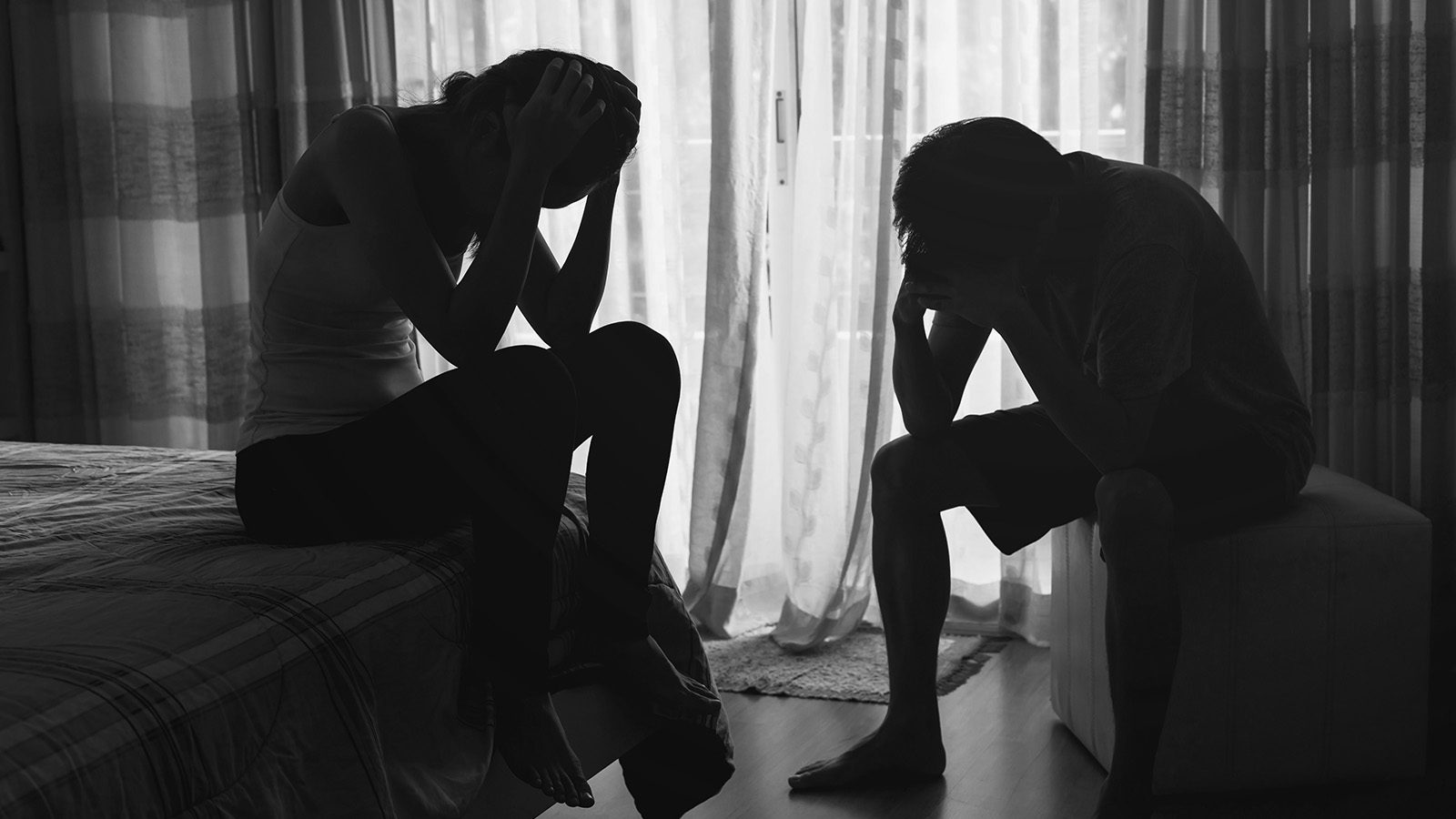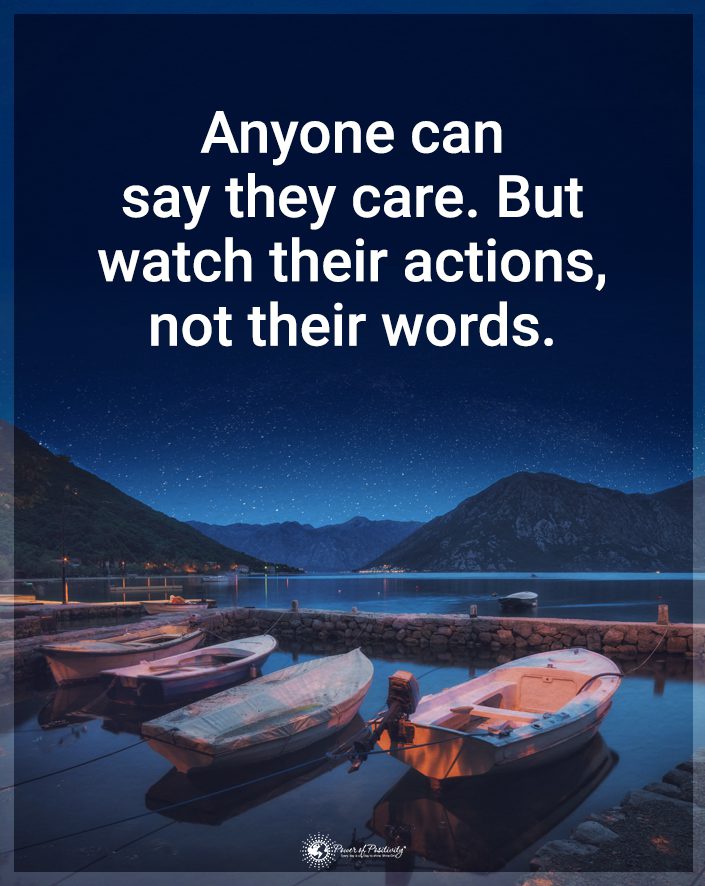Is your partner an energy vampire?
Relationships can be the greatest source of pure joy. But at times, they may be our deepest well of despair. It’s a dynamic dance of emotions and experiences. But what happens when that dance feels more like a relentless marathon, leaving you exhausted and drained? Staying in an exhausting relationship can have far-reaching consequences for your emotional well-being, physical health, and overall quality of life.
The Balancing Act: Healthy vs. Exhausting Relationships
Let’s start by comparing and contrasting a healthy relationship with one that may drain your patience and energy.
Understanding Healthy Relationships
In a healthy relationship, there’s a balance of give and take. You feel supported, loved, and, most importantly, valued. Communication is open and honest. Moreover, both partners work together to resolve conflicts. There’s a sense of mutual respect and understanding.
Signs of a healthy relationship:
- Mutual Respect: Both partners value each other’s opinions, feelings, and needs.
- Effective Communication: Open, honest, respectful communication is a cornerstone.
- Trust: There is a strong sense of trust and security between partners.
- Independence: Both individuals maintain their own identities and interests outside the relationship.
- Conflict Resolution: Disagreements are handled constructively without resorting to personal attacks or passive aggression.
- Emotional Support: Each partner is supportive and empathetic to the other’s feelings and goals.
- Shared Values and Goals: There is alignment in core values and future aspirations.
- Enjoyment: Spending time together is enjoyable and fulfilling.
- Physical Affection: There’s a comfortable level of intimacy and physical affection.
- Equality: Decisions and responsibilities are shared fairly when plausible.
Healthy relationships contribute to your general well-being and happiness, uplifting and energizing you.
Understanding Exhausting Relationships
Conversely, an exhausting relationship is one where the scales are imbalanced. There’s a constant feeling of strain and unease. Communication often breaks down, and misunderstandings are frequent.
Signs of a draining, unhealthy relationship:
- Constant Conflict: Frequent arguments and disagreements without resolution.
- Poor Communication: Lack of open dialogue or communication is often hostile or dismissive.
- Lack of Trust: Persistent doubts about the other person’s intentions or fidelity.
- Codependency: Over-reliance on each other to the point of losing individual identity.
- Ineffective Conflict Resolution: Conflicts escalate quickly and are not resolved healthily.
- Emotional Drain: Feeling drained or emotionally depleted after interactions.
- Differing Core Values: Fundamental differences in values and life goals that create tension.
- Lack of Enjoyment: Spending time together feels more like an obligation than a pleasure.
- Discomfort with Intimacy: Physical affection feels forced or is non-existent.
- Imbalance: One partner dominates decisions and responsibilities, leading to a power imbalance.
One or both partners may feel undervalued, unsupported, or even disrespected. Such relationships can drain your energy and impact your mental and physical health.
Fifteen Signs Your Relationship Is Exhausting You
Do you see these red flags? They may reveal that your partner is depleting your energy.
1 – Eroded Self-Esteem
In an exhausting relationship, constant criticism or lack of appreciation can make you doubt your worth. This erosion of self-esteem happens gradually; you might not notice it at first, but over time, you begin to feel less capable and unworthy. This feeling of inadequacy can extend beyond the relationship, affecting how you view yourself in all areas of life.
2 – Chronic Stress
The ongoing conflicts and negative atmosphere in such a relationship place you in a state of chronic stress. This stress isn’t just about feeling stressed occasionally. Rather, it’s a constant, wearing pressure that can lead to serious health issues. Think hypertension and heart disease. Studies show how chronic stress can also lead to a weakened immune system. It’s like living with a persistent background noise, gradually worsening your health and well-being.
3 – Emotional Exhaustion
Feeling emotionally drained is a common consequence of staying in a taxing relationship. Your emotional resources are constantly overdrawn, leaving little for other areas of your life. This exhaustion can lead to numbness or apathy, making it hard to find pleasure in activities or hobbies that once brought you joy. It can even affect your ability to feel empathy or engage emotionally with others.
4 – Physical Health Decline
The stress and emotional strain of a challenging relationship can manifest in various physical ailments. You may experience more frequent headaches or muscle tension.
Additionally, chronic stress can make worse pre-existing conditions like asthma. It’s the body’s way of signaling that the emotional turmoil is too much to handle.
5 – Increased Anxiety
In a relentless environment of uncertainty and conflict, your anxiety levels can skyrocket. You might constantly worry about the relationship or dread interactions with your partner. This heightened state of anxiety can spill over into other areas, making even small tasks or decisions feel overwhelming.
6 – Depression Risk
The cumulative impact of an exhausting relationship can be a pathway to depression. You might start to feel a pang of persistent sadness or lose interest in activities you once enjoyed. You might also struggle with feelings of hopelessness and helplessness. It isn’t just about feeling down. Instead, it’s a profound emotional state that can significantly disrupt your life.
7 – Isolation
As the relationship consumes more energy and emotional capacity, you might withdraw from friends and family. This isolation often happens because you’re too drained to socialize, or you might feel embarrassed about what’s happening in your relationship. Isolation can lead to loneliness and eventual disconnection from your support network.
8 – Impaired Judgment
The constant stress and emotional upheaval can cloud your judgment. It might manifest in making poor decisions. It could also include overlooking important life details or struggling to stay focused. It’s like trying to see through a fog – the ongoing strain obscures your usual clarity and decision-making abilities.
9 – Sleep Disturbances
Sleep problems are a common consequence of staying in a stressful relationship. Perhaps you have trouble falling asleep, wake up easily and frequently at night, or suffer from restless sleep. Poor sleep affects more than your energy levels and mood. It also has long-term implications for your overall health, including risks of obesity, heart disease, and diabetes.
10 – Loss of Identity
To cope with or adjust to the relationship, you might lose touch with your identity. Your interests, passions, and goals can take a backseat to the demands of the relationship. This loss of identity can leave you feeling like a shell of your former self, unsure of who you are and what you want in life. It destroys your inner peace.
11 – Decreased Job Performance
The effects of an exhausting relationship can extend to your professional life. You might find it hard to concentrate, miss deadlines, or lack the motivation you once had. This lack of focus can lead to strained relationships with colleagues. As a result, you may experience missed opportunities. In the worst cases, it can even impact your career progression.
12 – Vulnerability to Substance Abuse
There’s an increased risk of turning to substances like alcohol or drugs when trying to cope with such a toxic partner. Substance abuse can start as a means of escape. However, it can quickly become dependent, adding another complex challenge to your life.
13 – Deteriorating Social Relationships
Your other relationships, be it with friends or family, can suffer due to the overwhelming nature of your romantic relationship. You might withdraw from social activities or find it hard to maintain these relationships, leading to further isolation and loss of support.
14 – Compromised Parenting (If you have kids)
If you’re a parent, the strain of an exhausting relationship can impact your parenting. You might be less patient, distracted, or emotionally available for your children. It can affect your children’s emotional well-being. Even worse, it can harm your relationship with them.
15 – Lost Opportunities for Happiness
Staying in an exhausting relationship often means missing out on opportunities for genuine happiness and fulfillment. That can include hurting personal growth or holding you back from new, healthier relationships. It might also lead to barriers to pursuing life experiences that bring joy and satisfaction. The relationship can become a barrier to exploring and embracing the full potential of your life.
Final Thoughts on What Happens When You Stay in an Exhausting Relationship
If you recognize these signs, take a step back and assess your relationship – it is crucial to your wellness. Seeking support from friends, family, or a professional can provide perspective and guidance. You must find the courage to make choices that are right for you, even if they are difficult.
An exhausting relationship can profoundly affect your emotional and physical well-being. Recognizing these signs is the first step toward making positive changes in your life. Whether it means working to improve the relationship or making the tough decision to walk away, what matters most is your happiness and health. Remember, you deserve a relationship that brings your heart joy, support, and love into your life.


















